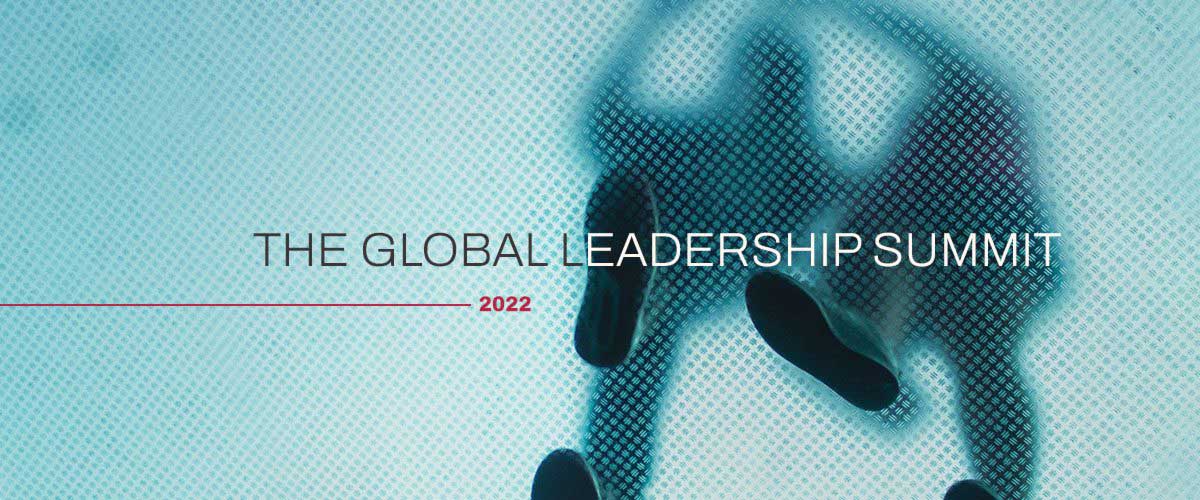
The Global Leadership Summit coming up on August 4-5, 2022, will bring you a two-day catalytic experience of rich learning, new ideas, fresh perspective, and inspiring stories from leading experts spanning a wide range of fields and backgrounds. As we approach this event, get a sneak peek into some of the themes and topics you can expect to hear this year!
GLS22 will draw out the expertise from our faculty on three big themes including Building Culture, Building Connection, and Building Resilience. Check out what to expect!
Building Culture

As our audience has shared their feedback, we’ve learned that building culture is one of the biggest areas of need for leaders today. Which is why one theme you can expect to see from some of our faculty focuses on building culture, including conversations about trust, relationship, servant leadership, navigating disruption, and building bridges.
Ron Howard—The Leadership Genius Behind a Hollywood Legend
 Anyone who has succeeded in the business of Hollywood for as long as Ron Howard would have to be called a legend. Transitioning from a child actor to an Academy Awarding-winning filmmaker, all the while creating a thriving personal and family life, is something to emulate. Hear about his new film, Thirteen Lives, and listen in as Erwin Raphael McManus draws out the secrets behind Ron Howard’s success. In this interview, explore the process of telling a great story, building trust that produces long and rewarding partnerships, navigating imposter syndrome, and creating a culture where everyone thrives.
Anyone who has succeeded in the business of Hollywood for as long as Ron Howard would have to be called a legend. Transitioning from a child actor to an Academy Awarding-winning filmmaker, all the while creating a thriving personal and family life, is something to emulate. Hear about his new film, Thirteen Lives, and listen in as Erwin Raphael McManus draws out the secrets behind Ron Howard’s success. In this interview, explore the process of telling a great story, building trust that produces long and rewarding partnerships, navigating imposter syndrome, and creating a culture where everyone thrives.
Lynsi Snyder—The Heart Behind In-N-Out Burger
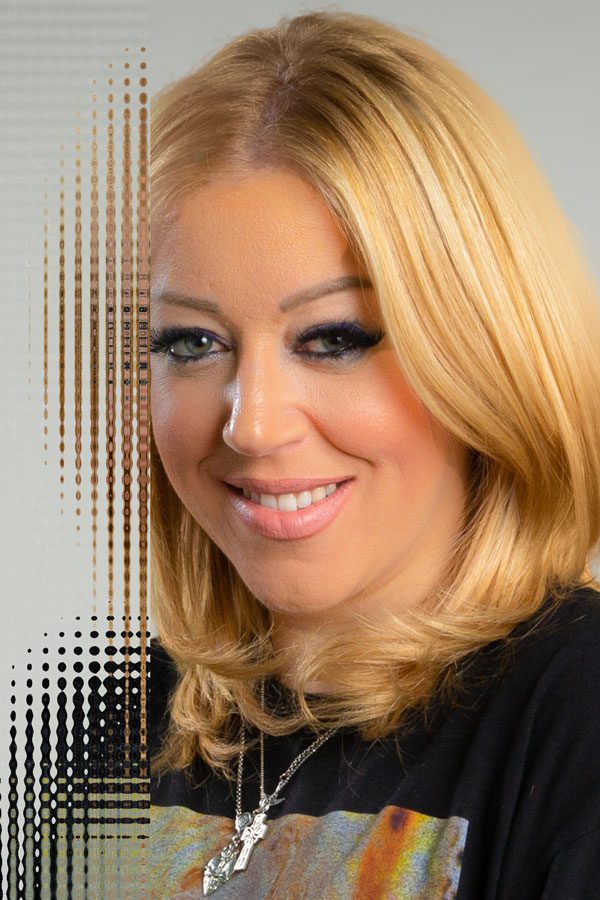
Get behind the scenes of one of the most popular restaurants and discover why Glassdoor has rated it as one of the best places to work. Hear from Owner and President, Lynsi Snyder as Paula Faris pursues a raw and honest conversation unpacking Lynsi’s journey to create her own stamp of leadership while mindful of the trail that was blazed by family members before her. Enhance your self-leadership toolbox by exploring how to lead strong amidst challenges, maintain your team’s focus in an ever-changing environment, and create a culture of servant leadership.
Bob Iger—The Ride of a Lifetime

Whether you lead in a corporate or ministry environment, every leader must grapple with being relevant to reach a changing culture while being faithful to your organization’s history. Drawing from his book, The Ride of a Lifetime, Bob Iger joins Paula Faris for a fireside chat sharing how he has navigated this delicate balance and what lessons he has learned after writing his book and leading through the pandemic. Walk away with how you can lean into the power of optimism, assess risk, navigate industry disruption, and build bridges with those whose values might be different than your own.
Johnny C. Taylor, Jr.–The Critical Role of Empathy in Leadership
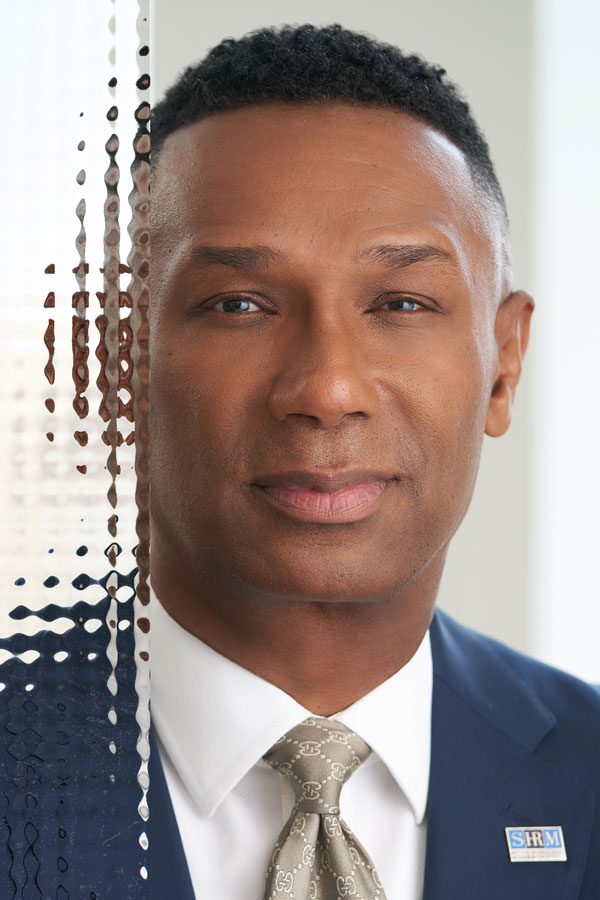
The divisiveness in our world has left us isolated. We have lost much of our ability to work together which we know achieves far more than working alone. Empathy is the pivot point in building our connections, in building our trust in each other, in building a better world. As a leader in the world of work, Johnny has seen first-hand how empathetic workplaces are better workplaces. Whether you lead in an office or volunteer in a homeless shelter, in this talk, explore the powerful role empathy plays in every human relationship and every collective endeavor.
Building Connection
 As a leader, you’re never going to get away from the need to connect with others to create meaningful work. This is why we brought in some of the best minds in building connection, with a focus on strategies that build trust, bring people together, and inspire teams to work better together.
As a leader, you’re never going to get away from the need to connect with others to create meaningful work. This is why we brought in some of the best minds in building connection, with a focus on strategies that build trust, bring people together, and inspire teams to work better together.
Vanessa Van Edwards—The Science of Connection

As a leader navigating the daily whirlwind of conversations, agendas, and goals, how can we deeply and authentically connect with those around us? Join researcher, Vanessa Van Edwards as she explores the three levels of connection and how you can use masterful conversation strategies to unlock deeper levels of trust with the people around you. Building connections utilizes the relational strength of your team (or your family) to accomplish the great mission you have before you.
Andy Stanley—Not in It to Win It

When life is predictable, it’s natural to lose sight of what we value most, what we fear most. But when a tsunami of uncertainty rolls in, things get real, quick. Uncertainty doesn’t alter our value system. It exposes it. The recent political, social, economic, and health crises didn’t cause Christians to mis prioritize our values. These events simply exposed what’s been true for a long time. While our actions don’t always tell the whole story, our reactions most certainly do. We have argued with our brothers and sisters and treated our neighbors with suspicion. But it does not have to be this way. In this talk, Andy Stanley will provide a blueprint for fostering unity in a divided world.
Craig Groeschel—Lead Like It Matters
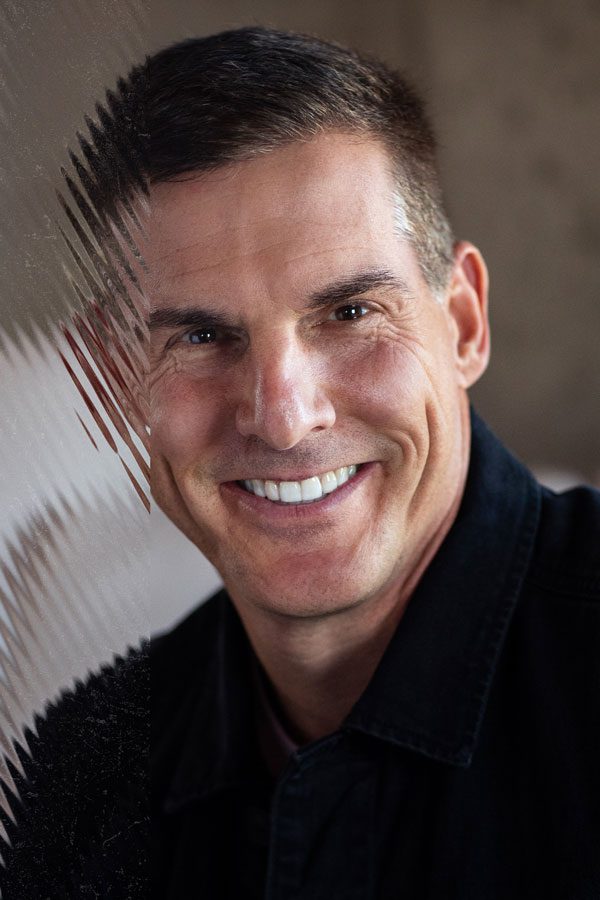
Have you ever been around a leader where it matters? They do something that draws you in, something that makes a difference in the whole team and in the whole culture. In this talk, join Craig as he explores four sometimes elusive and intangible qualities that can make all the difference in your leadership. Walk away with how you can be the kind of leader that is passionate, strategic, and obsessed with leading like it matters.
Building Resilience
 If we’ve learned anything over the last two years, it is that great leadership requires resilience. This is why our team brought together experts on topics like growth mindset, entrepreneurialism, adapting to change, and leading with pain.
If we’ve learned anything over the last two years, it is that great leadership requires resilience. This is why our team brought together experts on topics like growth mindset, entrepreneurialism, adapting to change, and leading with pain.
Dr. Heidi Grant—The Science of Leveraging a Growth Mindset

Decades of motivation science tells us that the single most powerful thing we can do to thrive through uncertainty and challenge is to shift our thinking by adopting a growth mindset. In this talk, Dr. Heidi Grant will help you identify your own mindset in the moment; and build new everyday habits in your professional and personal life that can enhance your creativity, resilience, and wellbeing. In addition, explore ways to lead with a growth mindset to bring out the best in others and support them through big changes.
Sahar Hashemi—Unlocking the Startup Mentality in Your Organization

Especially after the past few years, leaders everywhere are asking questions like: How can I become more agile? More open to change? How can we grow but keep that start up spirit? Can stable, established organizations truly harness the same creativity and innovative spirit that marks startups? Join Sahar Hashemi as she uses her experience as both an entrepreneur and someone working with large organizations, to dismantle the excuses that have previously stifled entrepreneurial behavior in big companies. She believes acting like a startup is not complicated and doesn’t require any new skills. It’s simple, intuitive, and in fact, very human. Come away with tangible ways to bring a startup mindset to your organization.
Jon Acuff—Building a Winning Mindset
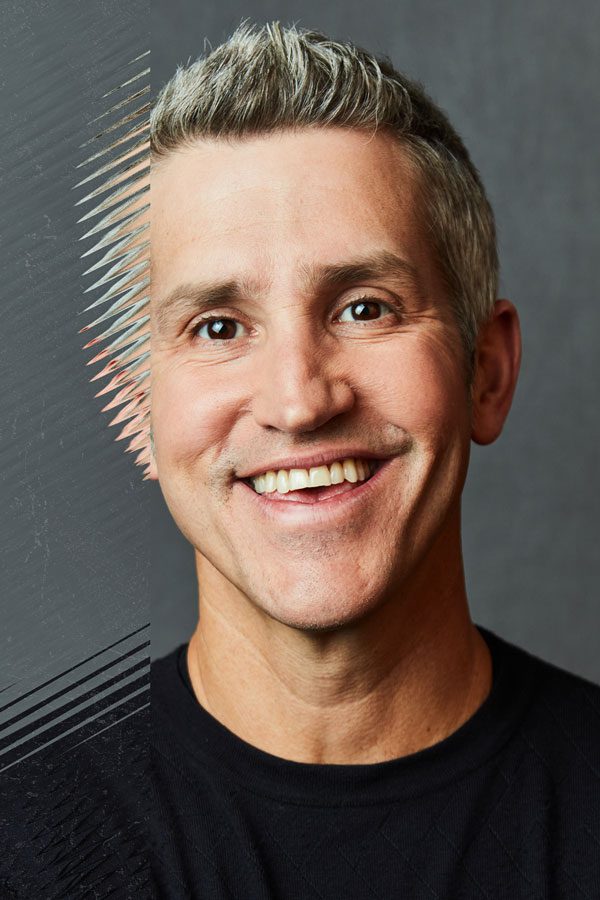
Most leaders are aware of the importance of mindset, that our thoughts turn into our actions, which turn into our results. At the same time, self-defeating, repetitive thoughts—which New York Times best-selling author Jon Acuff calls “Soundtracks”—can undermine our efforts to develop and maintain a positive and effective mindset. In this talk, Jon will help you and your team learn how to start developing a winning mindset by retiring the broken soundtracks that have been holding you back and replacing them with new ones that propel you forward.
Judah Smith—Leading with Pain

Often as leaders we think about leading through pain. But what if we must lead with it? What if it never goes away? What do we do with the pain that never leaves? Join us as Judah takes an honest look at how we handle the problems and the challenges that seem to perpetuate as our leadership grows. In this talk, explore new ways to lead with pain.
Stephanie Chung—Adapting Your Leadership for Today’s Challenges
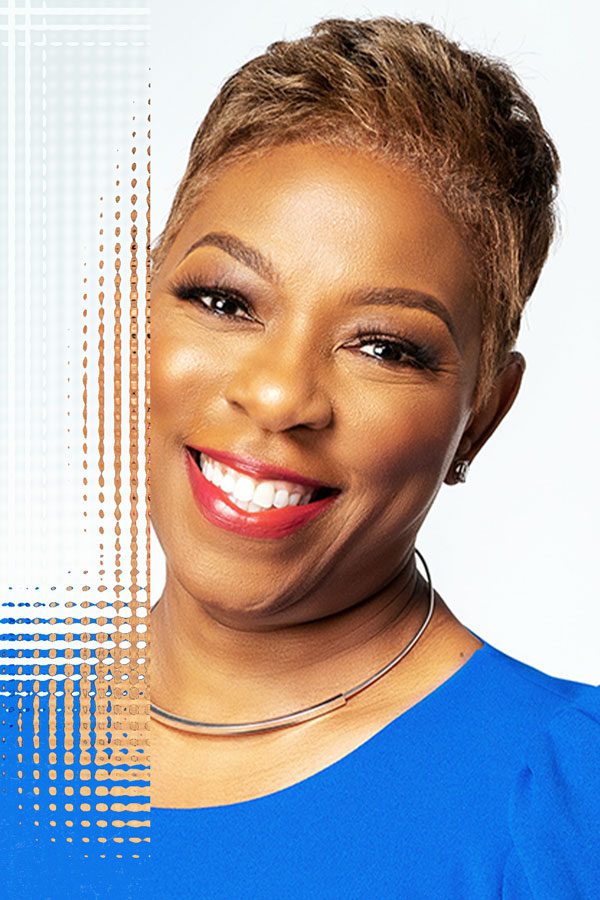
Based on the most recent survey from Edelman Trust Barometer, distrust is at an all-time high. Employees now trust you—their workplace leader—more than they trust government officials or media professionals! This makes the relationship with you incredibly important. With leaders now being thrust into this new role, the question remains, “do you have the capabilities to fulfill it?” Whether or not you are in an official leadership role, you have influence to help address today’s challenges. If you have ever questioned your ability to lead and respond during these unprecedented times, join Stephanie Chung as she helps us explore the three core competencies it will take to navigate this new leadership space with confidence.
Deb Liu–Take Back Your Power
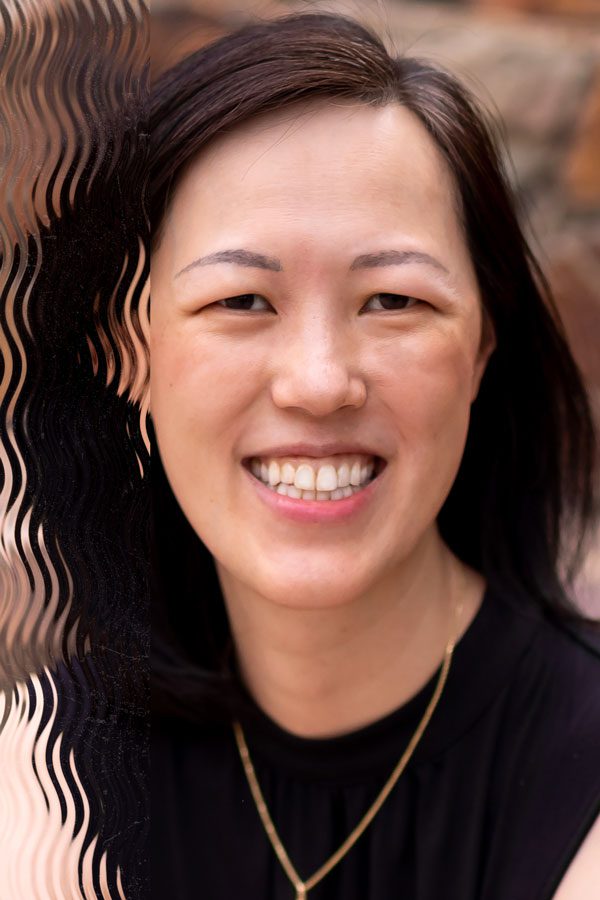
When you hear the word POWER, what comes to mind? Most leaders have an uncomfortable relationship with the word. Should they want it? And, how to handle it if they have it? Join Deb Liu to unpack the myths, misuse, and place of power in your leadership. Discover how to turn stumbling blocks into stepping-stones, seek out support allies, and make your unique mark in this world.
In addition to the faculty talks and interviews, you’ll experience arts, entertainment, and storytelling interwoven into fabric of your experience to deepen your learning and inspire you to action. Do you have your tickets yet?! Get your tickets today at GlobalLeadership.org/Summit!




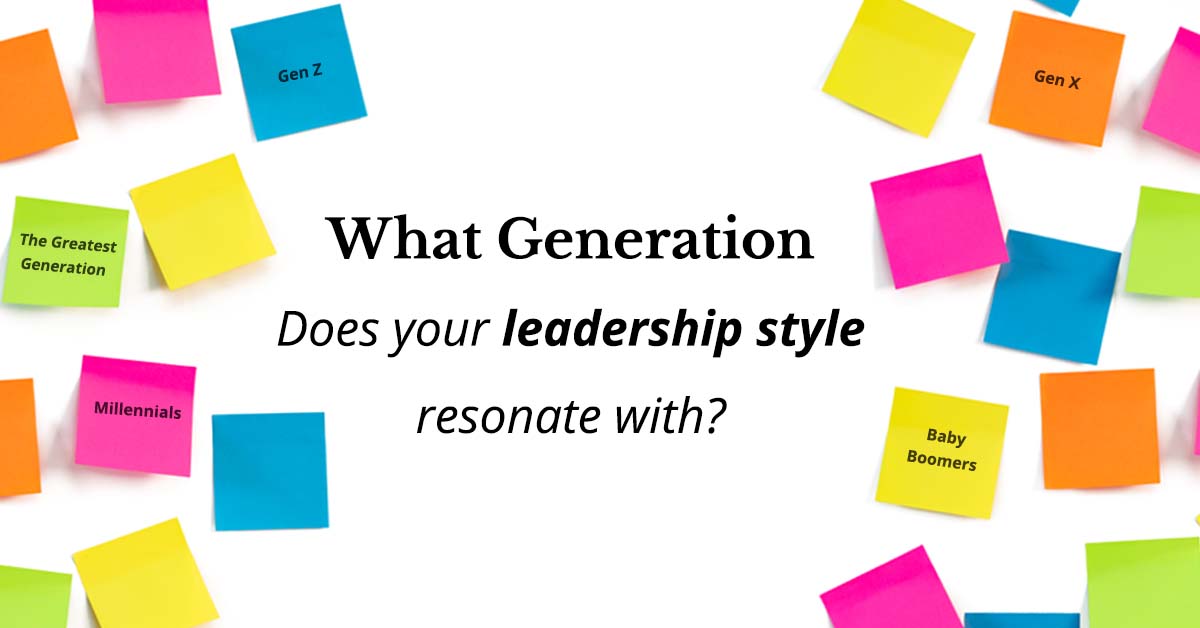


 Anyone who has succeeded in the business of Hollywood for as long as Ron Howard would have to be called a legend. Transitioning from a child actor to an Academy Awarding-winning filmmaker, all the while creating a thriving personal and family life, is something to emulate. Hear about his new film, Thirteen Lives, and listen in as Erwin Raphael McManus draws out the secrets behind Ron Howard’s success. In this interview, explore the process of telling a great story, building trust that produces long and rewarding partnerships, navigating imposter syndrome, and creating a culture where everyone thrives.
Anyone who has succeeded in the business of Hollywood for as long as Ron Howard would have to be called a legend. Transitioning from a child actor to an Academy Awarding-winning filmmaker, all the while creating a thriving personal and family life, is something to emulate. Hear about his new film, Thirteen Lives, and listen in as Erwin Raphael McManus draws out the secrets behind Ron Howard’s success. In this interview, explore the process of telling a great story, building trust that produces long and rewarding partnerships, navigating imposter syndrome, and creating a culture where everyone thrives.


 As a leader, you’re never going to get away from the need to connect with others to create meaningful work. This is why we brought in some of the best minds in building connection, with a focus on strategies that build trust, bring people together, and inspire teams to work better together.
As a leader, you’re never going to get away from the need to connect with others to create meaningful work. This is why we brought in some of the best minds in building connection, with a focus on strategies that build trust, bring people together, and inspire teams to work better together.


 If we’ve learned anything over the last two years, it is that great leadership requires resilience. This is why our team brought together experts on topics like growth mindset, entrepreneurialism, adapting to change, and leading with pain.
If we’ve learned anything over the last two years, it is that great leadership requires resilience. This is why our team brought together experts on topics like growth mindset, entrepreneurialism, adapting to change, and leading with pain.






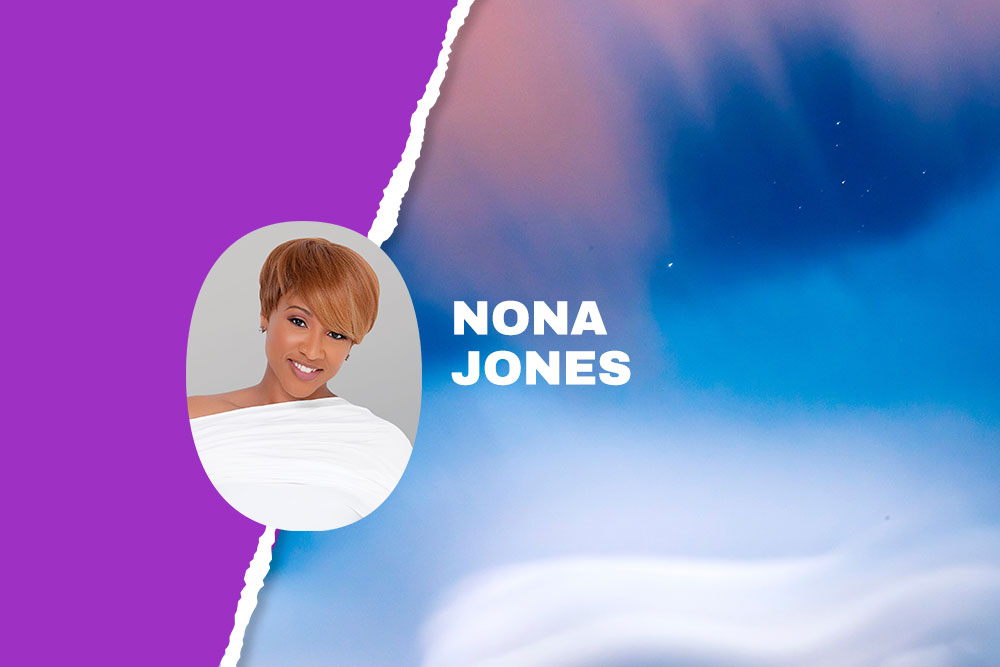



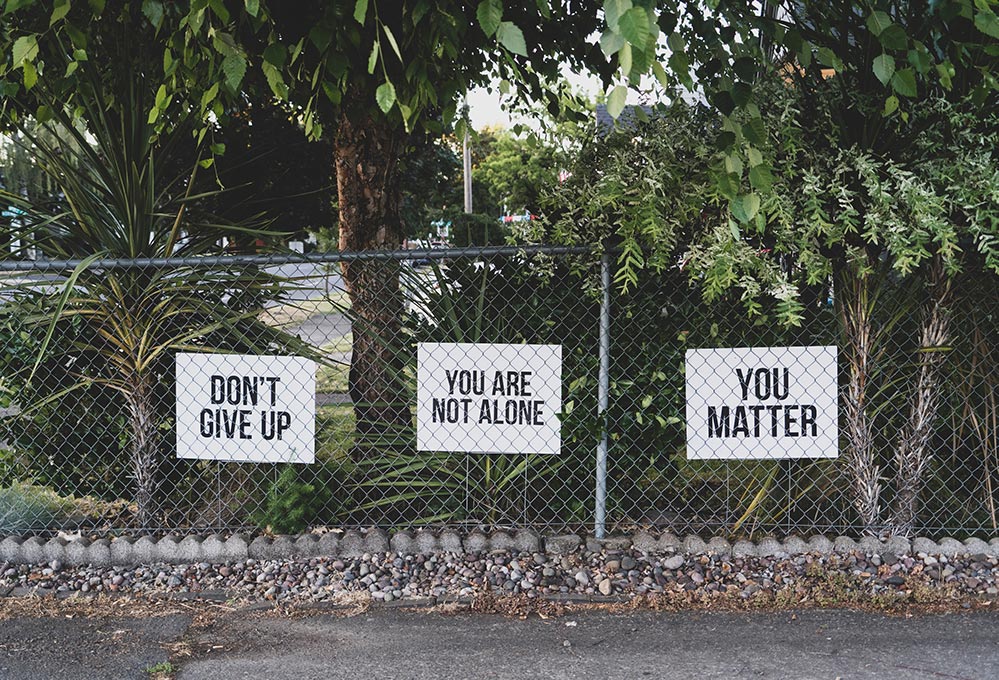



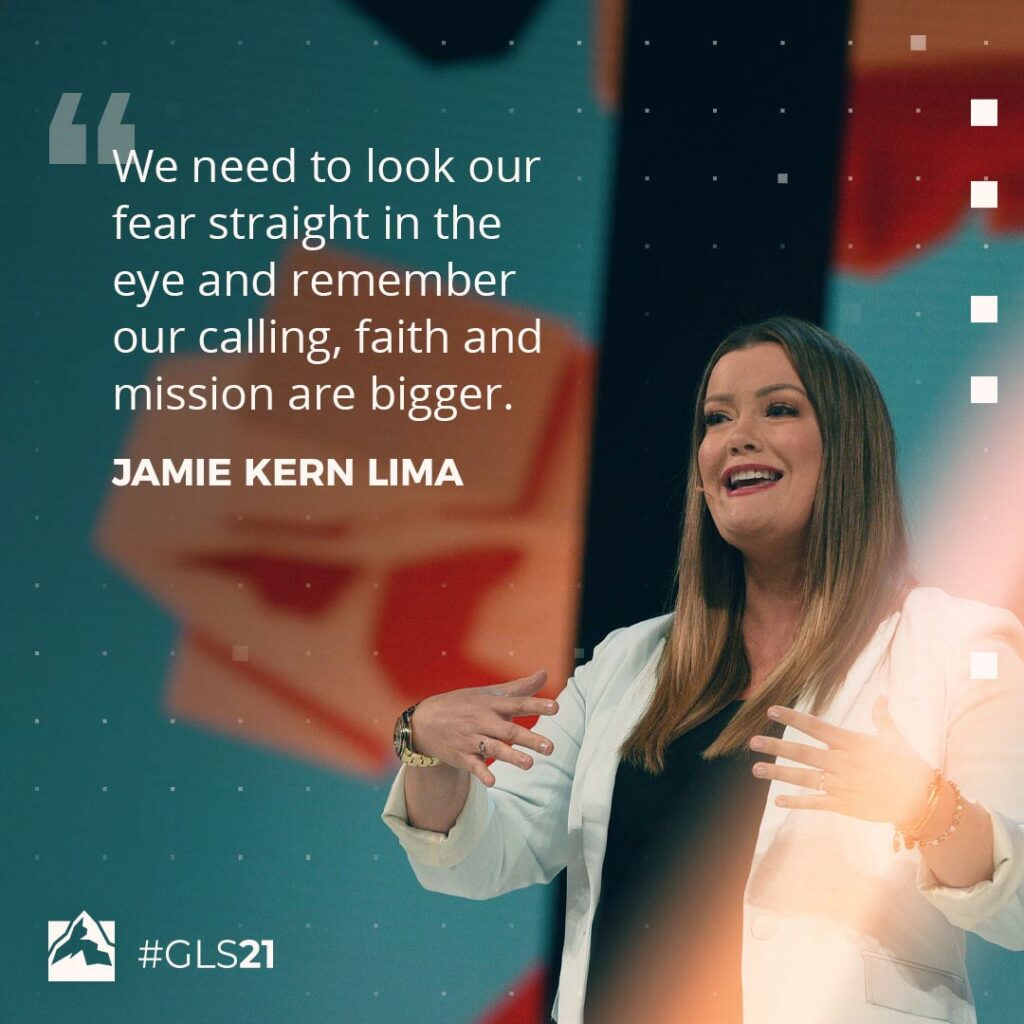 In August 2021, Gina attended the Summit again for another boost of encouragement. “When I heard founder of IT Cosmetics,
In August 2021, Gina attended the Summit again for another boost of encouragement. “When I heard founder of IT Cosmetics, With a vision to build a safe place for people of all walks of life, all levels of mental wellness, Gina wants to bring people together to find the gift of loving presence. “I envision that this will be similar to a coffee shop ministry model often used by overseas missionaries,” Gina explained. “This will also be a building that holds all our programs.”
With a vision to build a safe place for people of all walks of life, all levels of mental wellness, Gina wants to bring people together to find the gift of loving presence. “I envision that this will be similar to a coffee shop ministry model often used by overseas missionaries,” Gina explained. “This will also be a building that holds all our programs.”
Recent Comments